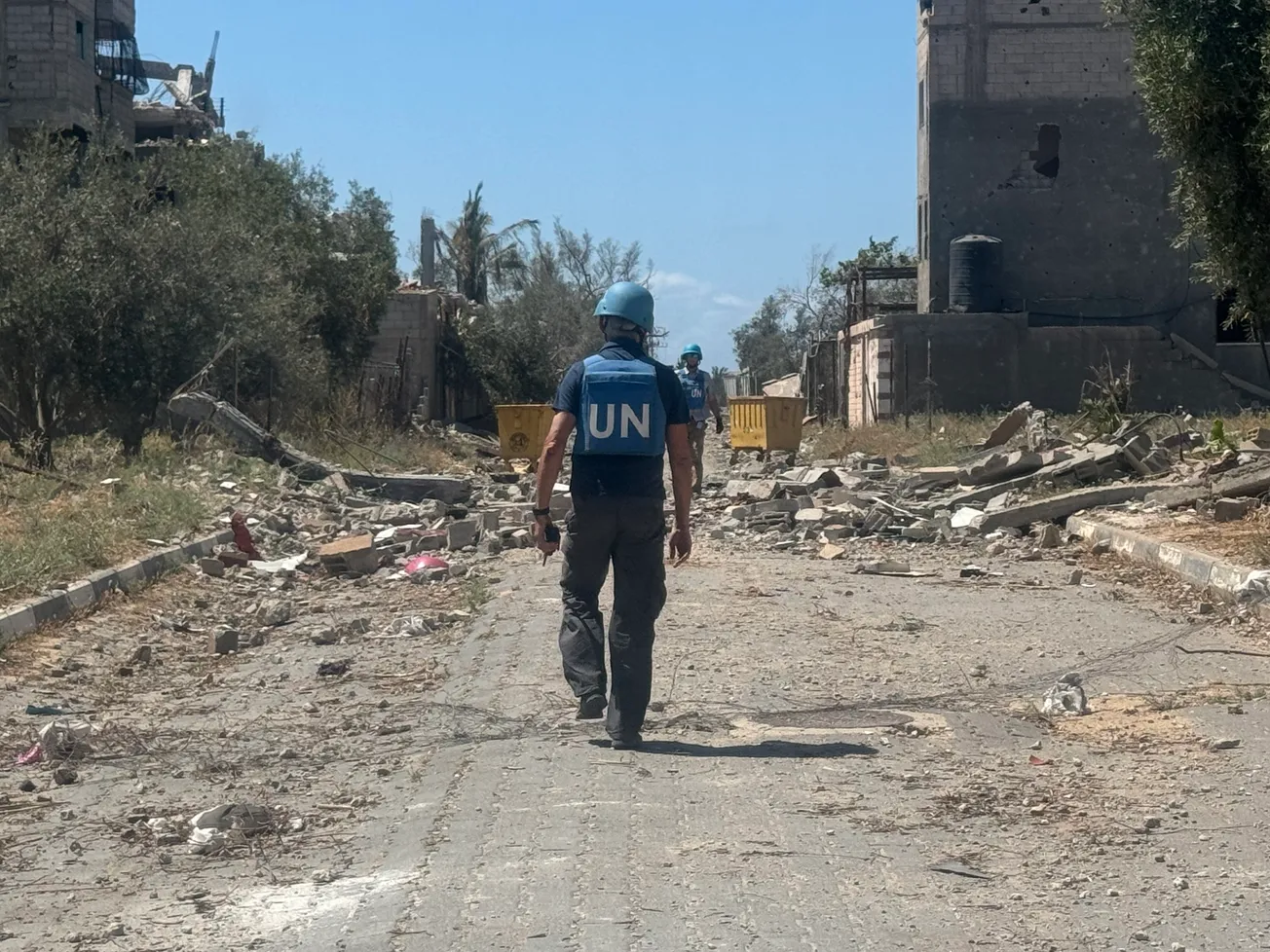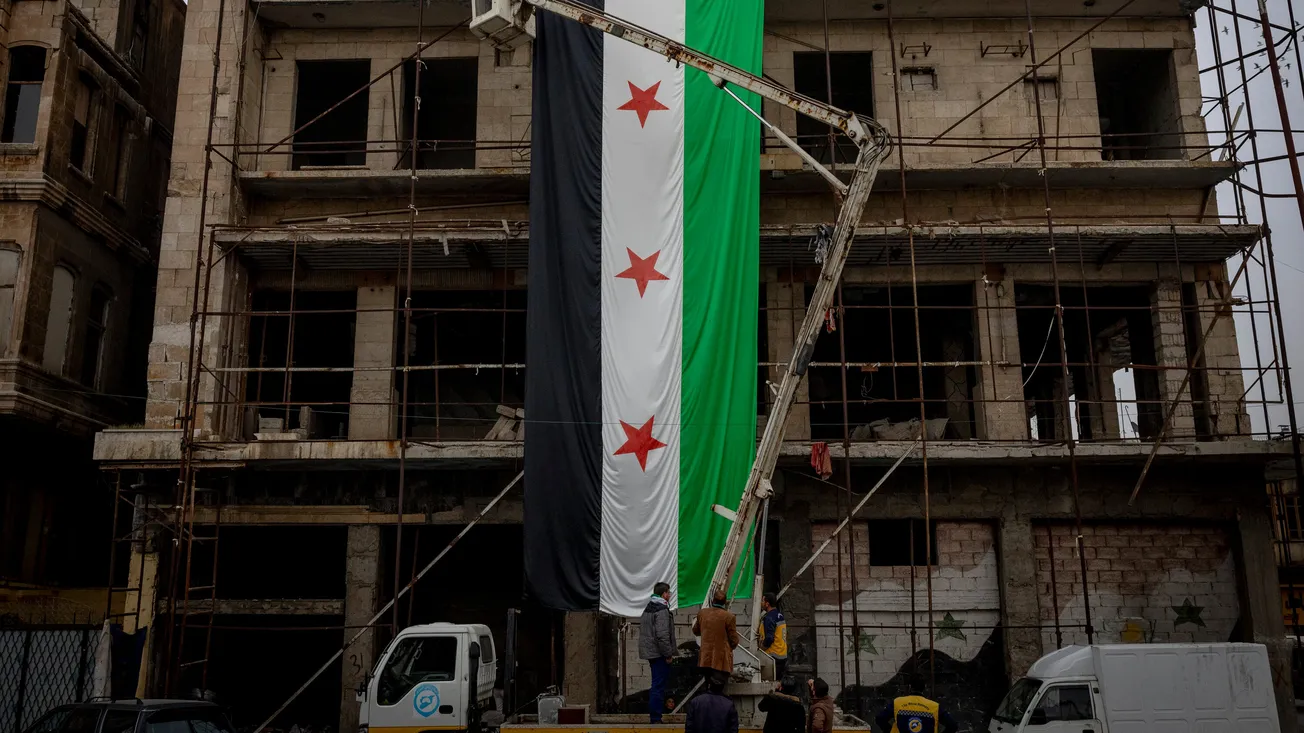Gaza is grappling with an escalating challenge posed by unexploded ordnance (UXO), which threatens the long-term safety of its population and hampers essential reconstruction efforts. These remnants of conflict—including bombs, shells, and rockets that failed to explode on impact—are a persistent hazard, potentially capable of inflicting harm long after hostilities end.
According to the United Nations Mine Action Service (UNMAS), the UXO situation in Gaza requires an immediate and coordinated response once security conditions permit. The need to clear explosive remnants is critical, as UXO can endanger civilians returning to their homes, obstruct relief operations, and make reconstruction nearly impossible in affected areas.
UNMAS teams have conducted nearly 400 explosive hazard assessments and accompanied more than 270 humanitarian convoys in Gaza. During these missions, they’ve identified extensive contamination from explosive remnants, including rockets, shells, and munitions scattered throughout civilian and urban zones. This widespread contamination not only poses immediate risks but also endangers longer-term efforts to restore infrastructure and secure residential areas for returning residents.
Thank you Japan! Last week, UNMAS project with Japan to support the humanitarian response in Gaza concluded. Japan’s support came at a critical time and helped ensure essential mine action resources were deployed in Gaza.#Gazaresponse #MofaJapan_en #JapanMissionUN pic.twitter.com/zRBM1uHAfK
— UNMAS (@UNMAS) November 8, 2024
Despite ongoing assessments, UXO disposal operations are currently suspended due to volatile security conditions in the region. Given these limitations, UNMAS has shifted its efforts to prevention and education. The organization is working alongside UNICEF and local partners to increase awareness of UXO dangers among Gaza’s civilian population. These efforts include placing warning signs in hazardous zones, distributing educational materials, and training local residents to recognize and avoid potential explosive threats.
The challenges for UNMAS are numerous. Security risks, frequent staff relocations, limited access to necessary equipment, and recurring power and communication outages hinder operational capacity. Beyond Gaza, UNMAS has extended its support to the West Bank in response to the increasing use of explosive materials in recent incursions, which further underscores the urgency of mine action and ordnance disposal efforts across Palestinian territories.




